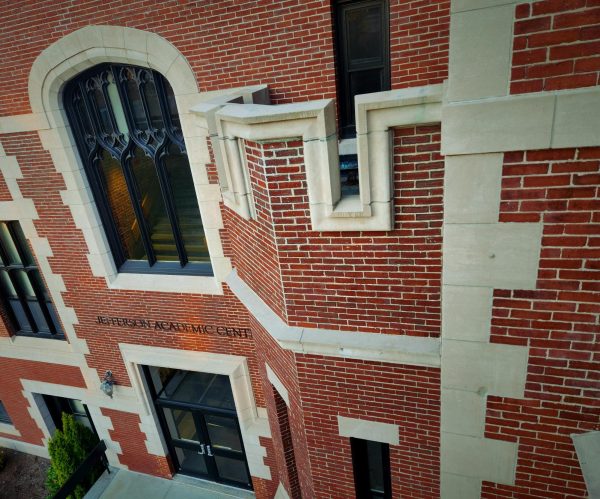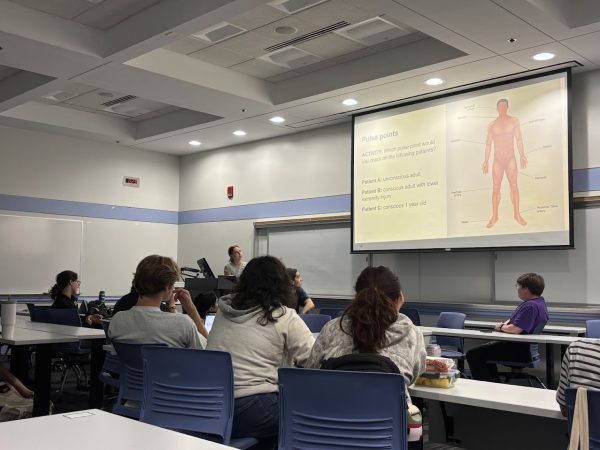American Library Association releases record-breaking 2022 censorship statistics, citing organized movements
For over two decades, the American Library Association has compiled and released its Office for Intellectual Freedom’s annual statistics about censorship challenges facing library materials. The 729 recorded challenges in 2021 nearly doubled the previous record, and in 2022 the annual number of challenges once again nearly doubled to an “unparalleled” 1,269 challenges targeting 2,571 unique titles. Roughly half of the challenges targeted materials in public libraries, with the other half targeting school libraries, curricula, or classrooms. By far, the most common target of challenges were books by or about the queer community and people of color. Not all of these challenges succeed, but their goal is to restrict, or often remove, access to materials.
The driving force behind this surge are lists created by organized censorship groups. Prior to 2021 most challenges targeted a single title, but in 2022 only 10% of challenges were against a single item. Of all books challenged, 40% were in cases that named 100 or more books. In an interview with MSNBC, Deborah Caldwell-Stone, director of the OIF, discussed the current landscape in which challenges come from parents who have little to no personal stake in their challenges. Organizations ranging from the local to national level have created lists of content they deem inappropriate, which are often spread through social media, and parents who bring these lists to make complaints to school or library boards have not often read all of the titles themself.
In a press release, the ALA noted that 2022 polling showed that voters across political divides had confidence in and supported the decisions librarians make regarding the materials in their collections. ALA President Lessa Kanani’opua Pelayo-Lozada summarized: “While a vocal minority stokes the flames of controversy around books, the vast majority of people across the nation are using life-changing services that public and school libraries offer.”
Numerous publishers, libraries, and advocacy groups have given their support to the ALA’s Unite Against Book Bans initiative, which has pointed out the increase in legislation that allows or enables censorship. One member of the initiative is PEN America, which describes itself as “stand[ing] at the intersection of literature and human rights.” It has kept an index of “educational gag orders” which restrict the autonomy of educational institutions since January 2021, totaling about 300 proposed bills. They are currently tracking 25 live bills (as of April 3) that would affect higher education institutions, primarily public colleges. Nearly all prohibit teaching or training about race and sex.
PEN America also collects its own data on censorship in schools, with over 2,500 entries on its index of books challenged in the 2021-2022 school year. The list includes a wide range of subjects and topics, such as Malala Yousafzai’s memoir, a history of gender equality, numerous books about puberty or sex education, a biography of Eleanor Roosevelt, the third Twilight novel, and a picture book about Martin Luther King, Jr. The ALA will release its 2022 list of the top ten most challenged books and full report on April 24th, for National Library Week 2023, with the theme “There’s More to the Story,” meant to highlight the services libraries provide through and beyond books.





